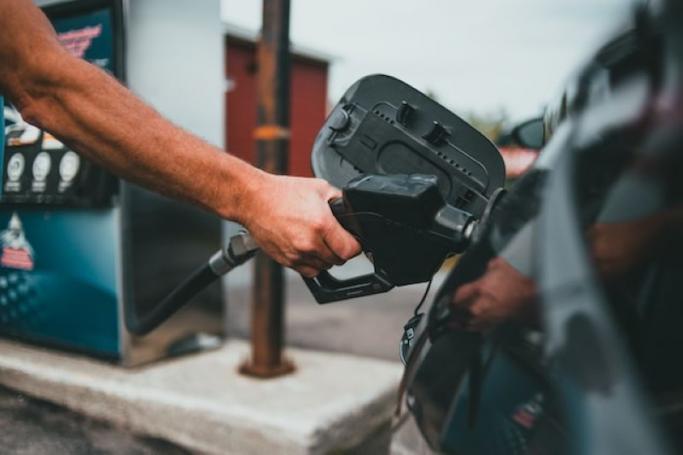Mizzima
High fuel prices and the junta’s blocking of roads and waterways in Rakhine State have impacted agricultural businesses, Micro, Small and Medium Enterprises (MSMEs), and the work of civil society organisations (CSOs) and volunteer organisatons in the state.
Following a year-long ceasefire, fighting between the junta and the Arakan Army (AA) resumed in some Rakhine State townships on 13 November. As a result, the junta closed roads and waterways throughout the state.
But, even if transport routes were open there would not be many people who could afford to travel due to the very high prices of fuel in Rakhine State.
In the rest of Myanmar petrol prices were at their lowest in June, but now they are at their highest.
In Myanmar, on 1 June 2023, a litre of 92 Octane petrol cost 1,925 kyats. On 1 December 2023, it cost 2,510 kyats a litre.
But, in Rakhine State fuel is even more expensive. In Kyauktaw in Rakhine State, the price of a litre of petrol at the end of November was 4,500 kyats a litre.
Rakhine State farmers, in particular, are facing great difficulties. Many cannot afford fuel at these prices and even the ones who can afford the prices find that they cannot buy as much fuel as they need.
As a result, they cannot power their harvesting machinery. This means that they will not be able to harvest crops or make any money.
The blockage of transport routes by the junta also means that it is impossible to transport food and fuel all around Rakhine State, leading to severe shortages of both in some areas.
Many CSOs and volunteer organisations have also had to stop their operations in Rakhine State due to the expensive price of petrol.
Last year, in 2022, many farmers in Rakhine State were also unable to carry out the harvest because they had to flee their homes to escape fighting between the junta and the AA.












